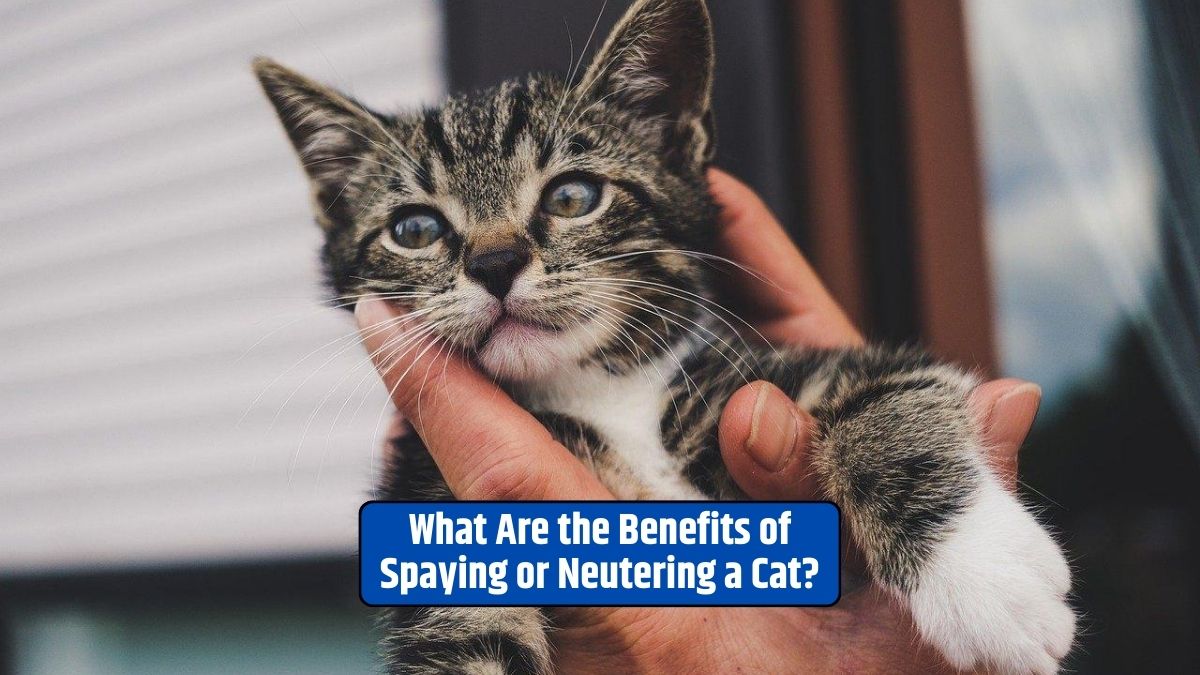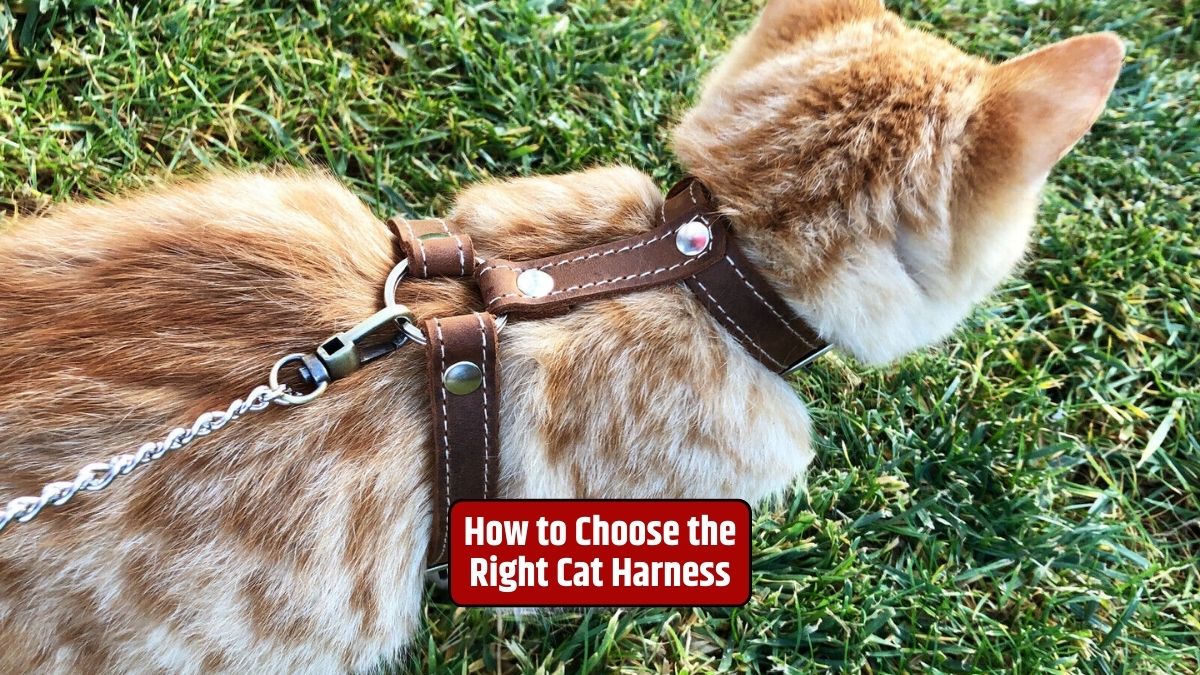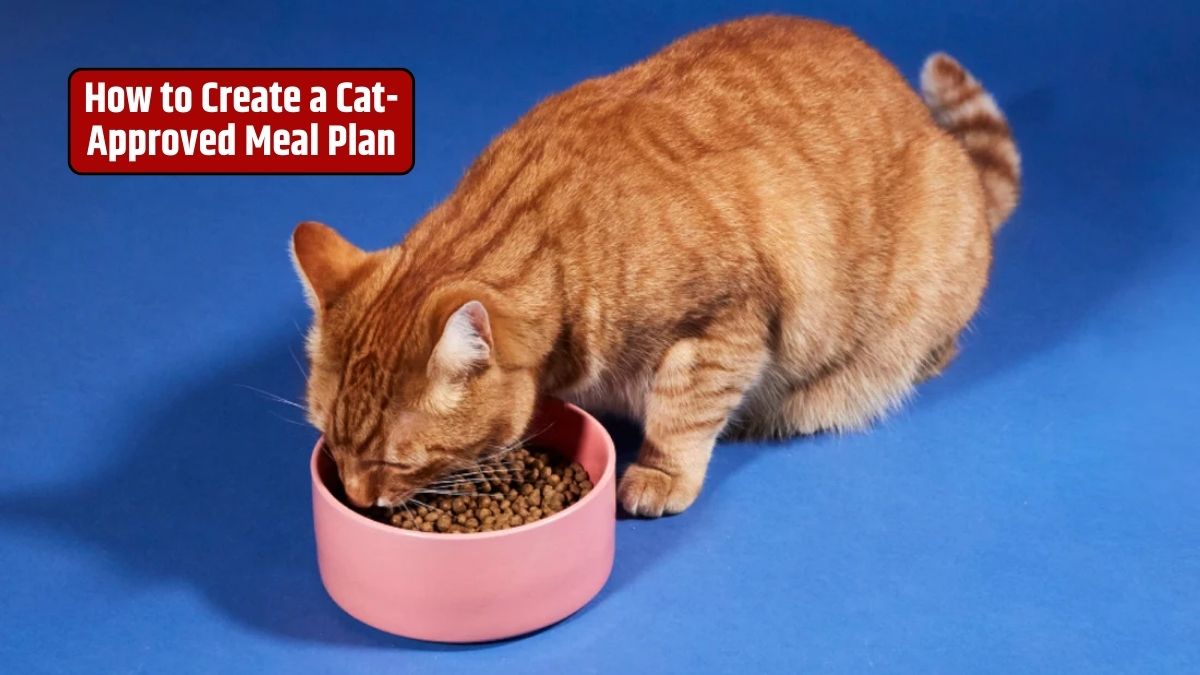When it comes to responsible pet ownership, one crucial decision for cat owners is whether to spay or neuter their feline companions. The terms “spaying” and “neutering” refer to the surgical procedures of sterilizing female and male cats, respectively.
These procedures have a multitude of benefits, not only for the individual cat but also for the larger community of cat owners and the feline population. In this article, we will explore the advantages and importance of spaying or neutering your cat.
Spaying and Neutering
Before delving into the benefits, it’s essential to understand what spaying and neutering entail.
- Spaying (for Females): Spaying, also known as an ovariohysterectomy, involves the removal of a female cat’s ovaries and uterus. This prevents her from going into heat and having litters of kittens.
- Neutering (for Males): Neutering, or castration, is the surgical removal of a male cat’s testes. This procedure reduces his ability to reproduce and exhibit mating behaviors.
Benefits for Your Cat
Unwanted Pregnancies
One of the primary benefits of spaying and neutering is the prevention of unwanted pregnancies. This is particularly important if you do not intend to breed your cat. Uncontrolled breeding can lead to overpopulation and homelessness among cats.
Risk of Health Issues
Spaying a female cat can reduce the risk of uterine infections and breast tumors, especially if done before her first heat cycle. Neutering a male cat reduces the risk of testicular cancer and may prevent certain behavioral issues, such as urine marking.
Aggressive Behavior
Neutering male cats can reduce aggressive behaviors such as territorial marking and fighting over mates. This can make your cat’s life safer and more peaceful.
Eliminates Heat Cycles
Female cats go into heat cycles, during which they can become very vocal and seek to mate. Spaying eliminates these heat cycles, making your cat more relaxed and less likely to attract male suitors.
Benefits
Reduces Overpopulation
One of the most significant benefits of spaying and neutering is the contribution to reducing cat overpopulation. Stray and feral cats often suffer from hunger, disease, and harsh environmental conditions. By preventing uncontrolled breeding, you can help alleviate their suffering.
Lessens the Burden
Overpopulation leads to overcrowded animal shelters. By spaying and neutering, you can help reduce the number of cats that end up in shelters, where they may face the risk of euthanasia due to lack of space and resources.
Spread of Diseases
Unsterilized cats are more likely to roam, increasing their exposure to diseases and parasites. Spaying and neutering can limit a cat’s contact with other cats, reducing the risk of contracting or spreading diseases like feline immunodeficiency virus (FIV) and feline leukemia virus (FeLV).
Aftercare
The spaying or neutering procedure is typically performed by a veterinarian. It’s crucial to follow post-surgery care instructions to ensure your cat’s full recovery. This may include limiting physical activity, monitoring the surgical site for any signs of infection, and administering prescribed medications.
Conclusion
Spaying and neutering are fundamental components of responsible cat ownership. They offer numerous benefits to individual cats and contribute to the welfare of the feline population as a whole.
By making the decision to spay or neuter your cat, you are taking an active role in promoting their health and well-being, preventing overpopulation, and reducing the burden on animal shelters.
FAQs
At what age should I spay or neuter my cat?
It is recommended to spay or neuter cats between 4 to 6 months of age. Consult your veterinarian for the best timing based on your cat’s health and development.
Do spayed or neutered cats gain weight?
There may be a tendency for cats to gain weight after the procedure, but this can be managed with a balanced diet and regular exercise.
Is spaying or neutering reversible?
Spaying and neutering are generally not reversible. It is a permanent surgical procedure.
Can spaying or neutering change my cat’s personality?
While it can reduce certain mating-related behaviors, the core personality of your cat should remain unchanged.
Is spaying or neutering safe for my cat?
Spaying and neutering are safe surgeries when performed by a qualified veterinarian. Like any surgical procedure, there are risks, but they are minimal.






